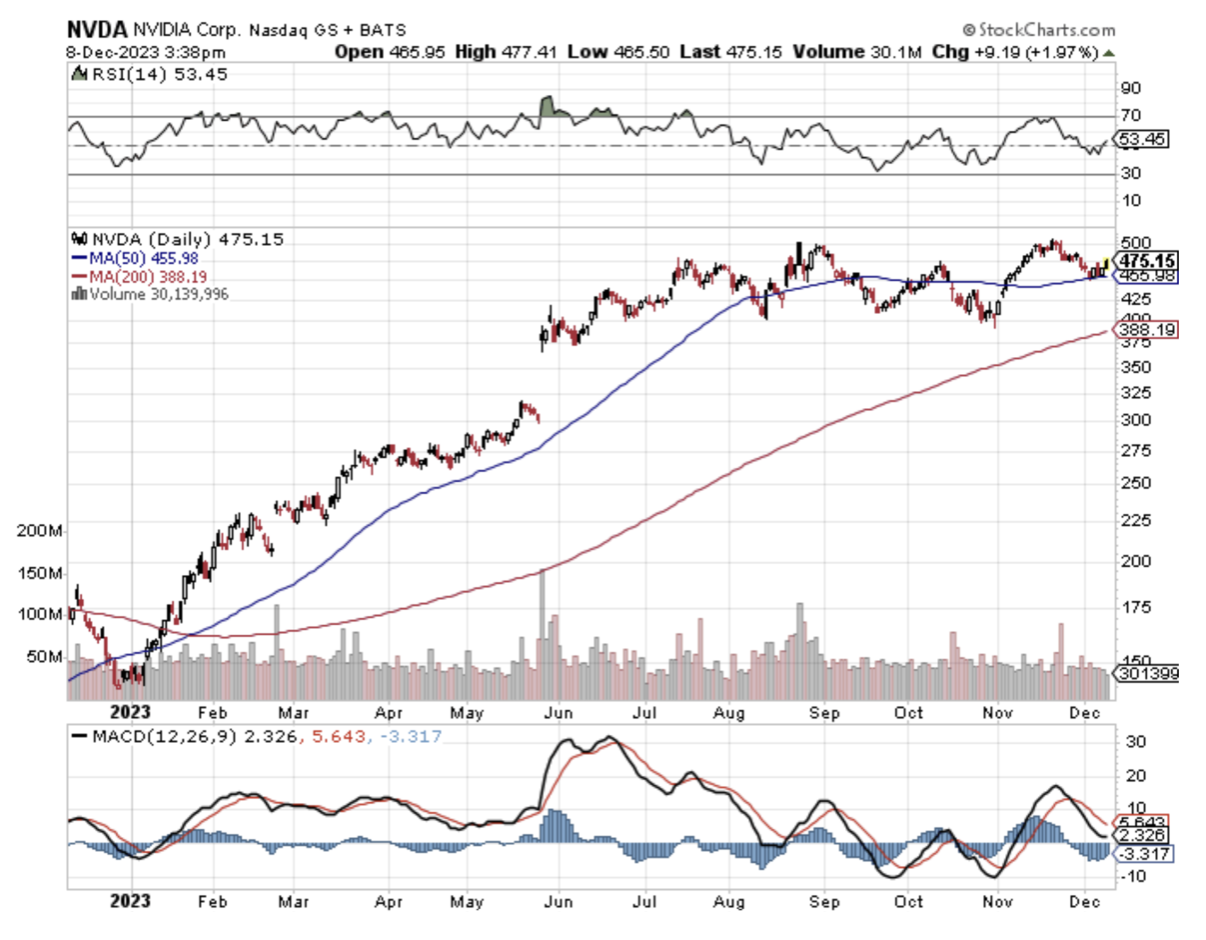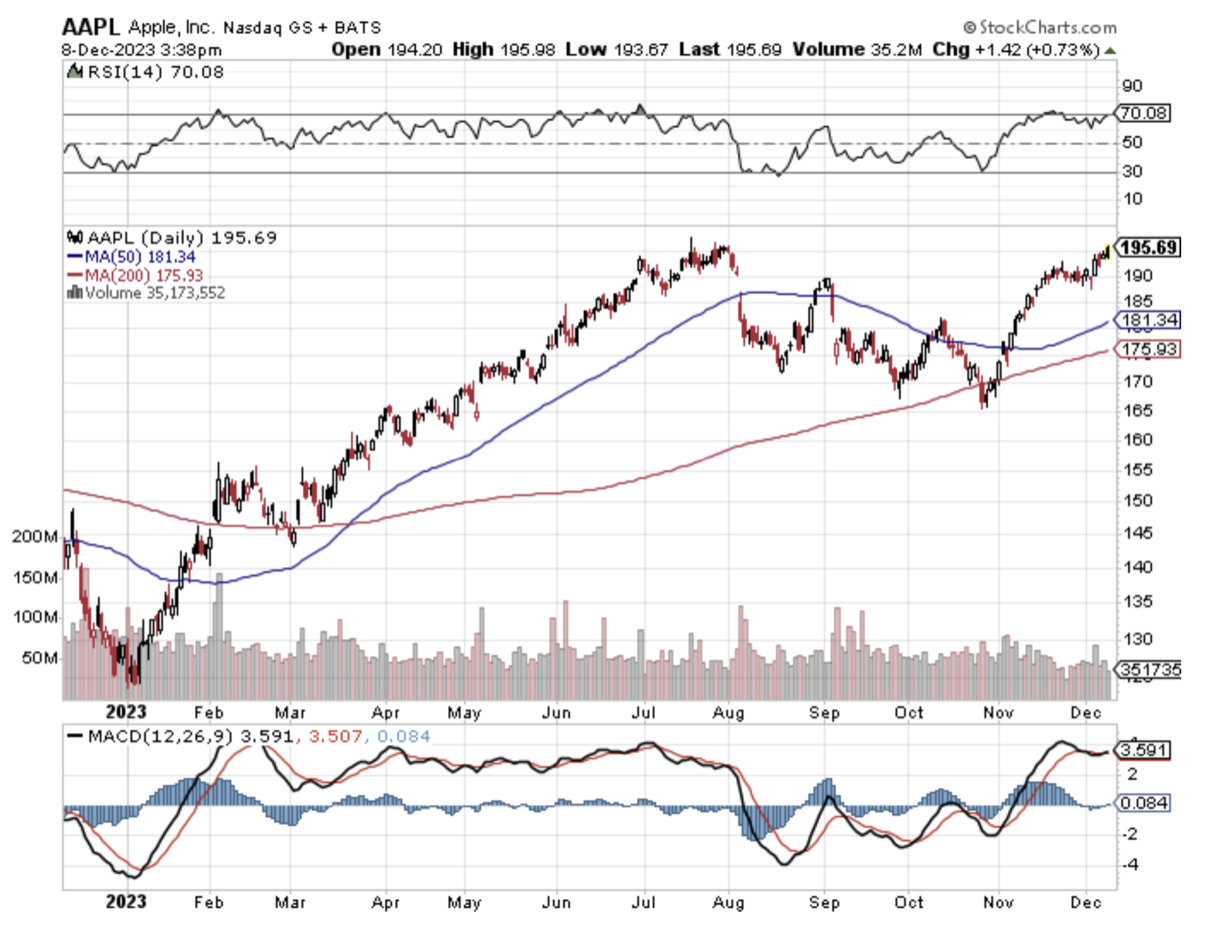South Asia Partners
Big developments happening in the tech sector abroad and investors should take notice.
The CEO of technology giant Nvidia Jensen Huang said he believes that Malaysia will become a potential hub for artificial intelligence “manufacturing.”
This is big news for South Asia and this is the first stage of Silicon Valley looking to harness the power of South Asia to progress its narrative and developmental footprint.
It’s essential they find some low-cost countries to partner with because it’s not always sensible to manufacture in the United States because of cost restrictions.
Take AI, the need for large-scale servers is intense, and opting for a better cost-efficient place is a good strategy.
Huang mentioned that Malaysian conglomerate YTL Corp. could play an important role in setting up AI data centers.
Malaysia “is a very important hub for SEA’s computing infrastructure. It requires access to land, facilities, power, which is extraordinarily important,” he said. “I think YTL could play a great role in that.”
Malaysia’s expertise in packaging, assembly, and other aspects of manufacturing makes it well-suited for the manufacturing of artificial intelligence.
Nvidia is working with 80 AI startups in the country.
In Malaysia, the data center infrastructure layer of computing, which is one of the most important parts of the AI and the cloud, is very successful.
Southeast Asia will likely be a hub for AI computing because countries need their own AI data centers to refine and transform data into valuable information. Old data processing centers were designed to hold data files and run applications. AI requires the use of each place's culture, language, values, literature, and common sense.
The prospects of Southeast Asia are highly positive as it attempts to turn into an important technology hub. It’s already experienced in packaging, assembly, and battery manufacturing. It has rounded out to perform well throughout the entire technological supply chain.
The smart move here is to decouple from China as geopolitics threaten to spin out of control.
Also, consider that Chinese demographics are one of the grimmest in the world.
China simply isn’t producing young workers anymore and wages have skyrocketed.
It doesn’t make sense to build factories there anymore.
India will have a big role to play in the advancement of Silicon Valley production in the next generation.
Apple will shift a quarter of its iPhone production to India in the next two to three years.
The decision will translate into more than 50 million iPhones a year being built in India.
The iPhone production in India lagged seriously behind China but that changed with the iPhone 14, which began manufacturing in the same month as in China.
In 2023, Apple built more iPhone 15 units in India than any other model and it marked the first time it managed to release a model made in India on launch day.
Foxconn is currently building a plant in Karnataka state that should open for business in April 2024.
As Silicon Valley marches on, they will have an interest in partnering in other parts of the world to fine-tune their business models.
Expect a heavy dose of South Asia for the next generation because that is where the low-hanging fruit is.
India will come into its own in the next few years, and Malaysia certainly is a good value player.
The most important takeaway is the accretive effect they will have on American technology companies.
In the short term, I believe NVDA is a better stock player than Apple, although Apple is a great long-term investment.



